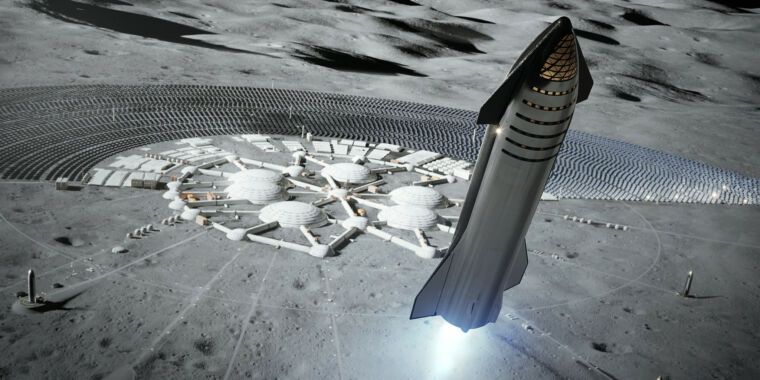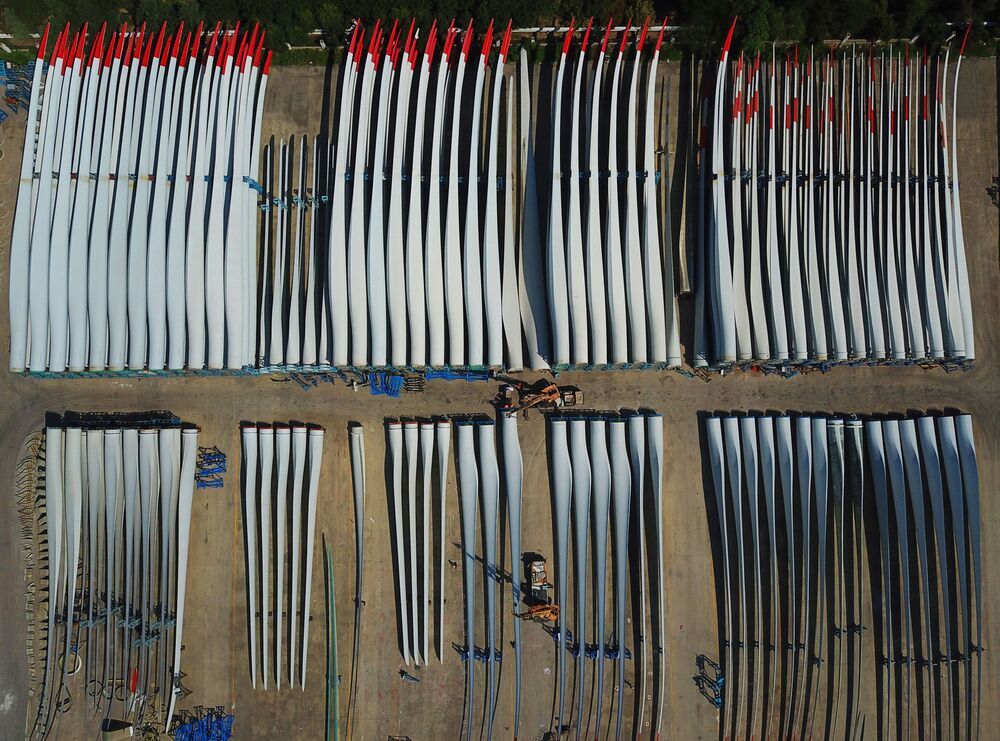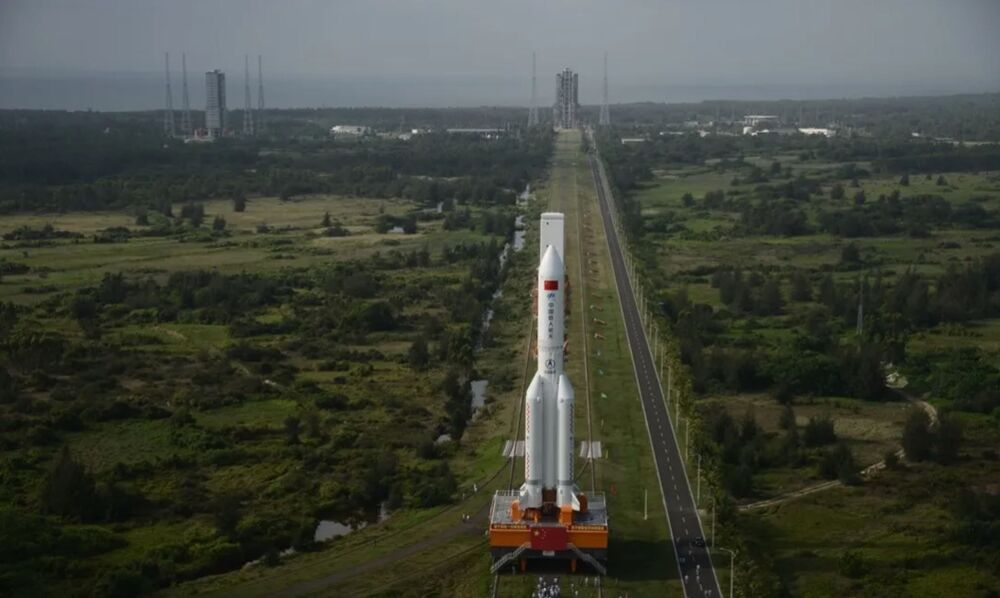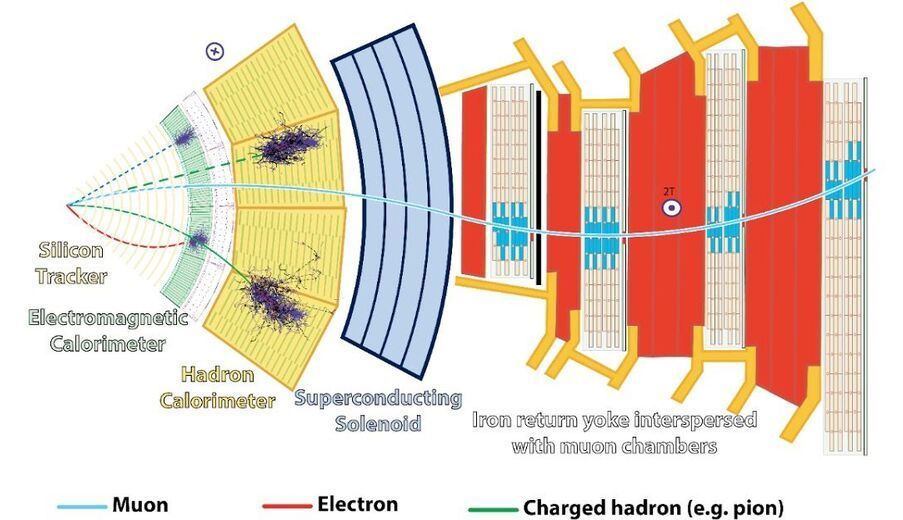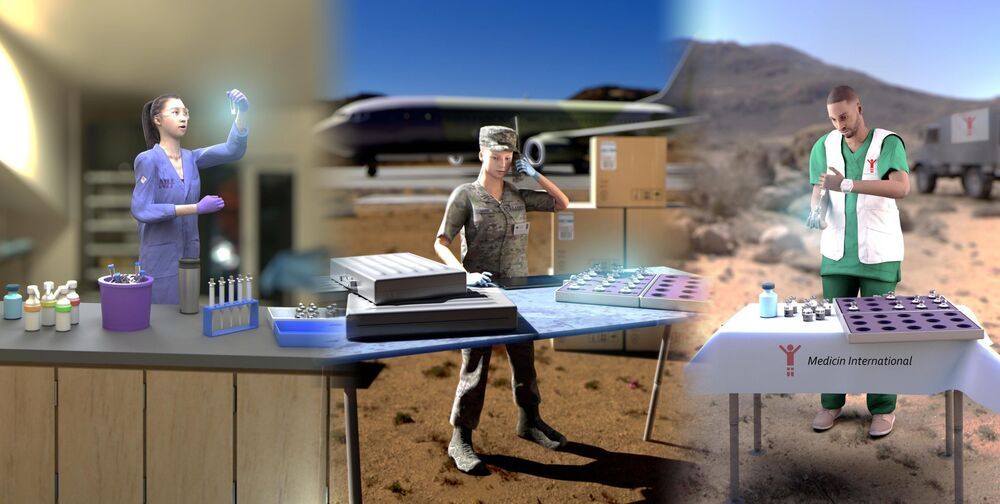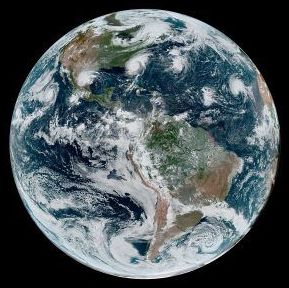Apr 24, 2021
NASA’s bold bet on Starship for the Moon may change spaceflight forever
Posted by Genevieve Klien in categories: Elon Musk, government, space travel
By betting on Starship, which entails a host of development risks, NASA is taking a chance on what would be a much brighter future. One in which not a handful of astronauts go to the Moon or Mars, but dozens and then hundreds. In this sense, Starship represents a radical departure for NASA and human exploration.
“If Starship meets the goals Elon Musk has set for it, Starship getting this contract is like the US government supporting the railroads in the old west here on Earth,” said Rick Tumlinson, a proponent of human settlement of the Solar System. “It is transformational to degrees no one today can understand.”
We will nonetheless try to understand some of the ways in which Starship could prove transformational.
